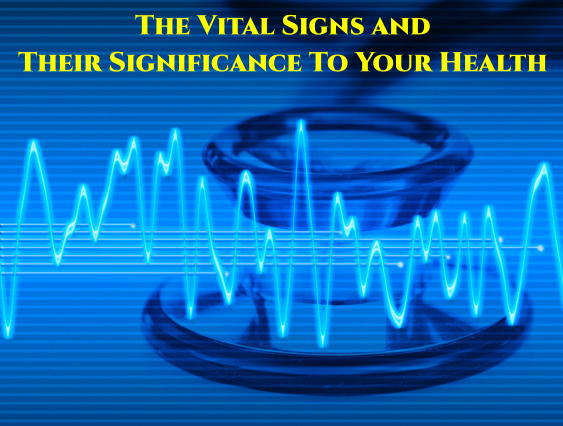
What are vital signs?
According to hopkinsmedicine.org, vital signs are clinical measurements of the body’s basic functions. These include body temperature, pulse rate, respiration rate (rate of breathing), and blood pressure.
These are called ‘vital’ for good reason. They show how the body is functioning or malfunctioning. Vital signs are also often used to detect and/or monitor medical problems.
Vital signs are often checked before, during, and after any medical treatment. Vital signs are also part of the basics of every check-up appointment. These just goes to show how important vital signs are in the managing of one’s health and condition.
The Four Basic Vital Signs
- Body Temperature
The standard body temperature is 37 degrees Celsius or 98.6 Fahrenheit. However, normal body temperatures can vary from person to person, depending on their condition. Body temperatures that are too high or too low could be indicative of something wrong in the body.
- Pulse Rate
Pulse refers to a heartbeat. Pulse rate refers to the number of times your heart beats per minute. The standard pulse rate for adults is 60 to 80 beats per minute. Pulse rate is usually measured when one is in a calm and relaxed state. Physical activity can increase pulse rate and can cause inaccuracies in the readings.
According to clevelandclinic.org, high pulse rates can often mean infection, dehydration, stress, etc. Low or weak pulse rates are often associated with heart conditions.
- Respiratory Rate
Respiratory rate, also known as rate of breathing, refers to the number of breaths one takes every minute. Healthy adults usually take 12-20 breaths per minute when at rest. Any lower or higher can be a sign of a respiratory problem and other health complications.
- Blood Pressure
Blood pressure basically refers to the force or pressure of blood pushing against the arterial walls. Two numbers are read in the measurement of blood pressure. The most standard blood pressure is 120/80 millimeters of mercury (mm Hg). The first number refers to the systolic pressure when the heart pushes blood out to the body. The second number refers to diastolic pressure when the heart is at rest in between beats.
Abnormal blood pressure readings can be a symptom of a disease. Hypertension or high blood pressure is commonly indicated by the blood pressure.
In home health care, vital signs are some of the most basic and essential things that need to be monitored. New Horizons Home Healthcare recognizes this fact. And as trusted providers of health care in Marion Indiana, we make it a part of our services to monitor our patient’s vital signs with Blood pressure and temperature monitoring services.
New Horizons Home Healthcare is an Indiana-based Care Provider serving 14 counties in the area. We aim to provide dedicated, high-quality, round-the-clock care, and attention that emphasizes each patient’s health and promotes their well-being.
For more details and information about our services, visit our official website at nhhomehealth.com. You may also contact us through a call at 765-662-9751 or through e-mail at jcoxnewhorizons1@yahoo.com.





